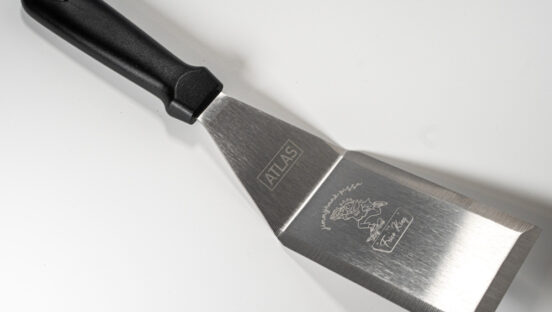 Receipts, receipts and more receipts! Which ones do I keep? For how long? Here are the basics and a few scenarios for you to consider:
Receipts, receipts and more receipts! Which ones do I keep? For how long? Here are the basics and a few scenarios for you to consider:
Travel and Entertainment: Amount, time, place, business purpose and business relationship are the five areas in which each expense must be substantiated or kept in order to prove an allowable expense.
For travel expenses, track the amount of each separate expense for transportation, lodging and meals, unless a per diem rate is used. Incidental expenses may be totaled in reasonable categories, such as oil, taxis, daily meals for the traveler, etc. Generally, documentation is required for travel expenses in the amount of $75 or more, except for certain transportation charges.
For entertainment expenses, the amount of each separate expense is required to be kept. Incidental expenses, such as taxis, telephone calls, etc., may be totaled on a daily basis, and receipts should be retained for amounts of $75 or more.
The time substantiation element for travel expenses relates to the dates the taxpayer left and returned for each trip, and the number of days used for business. In contrast, the date of the actual entertainment expense or use of a facility for entertainment is kept. For entertainment directly before or after a business discussion, only the time spent discussing business is recorded. For simplicity, send emails to confirm all of the substantiation requirements to the business relationships you intend to travel or spend entertainment expenses with. After the events, send a thank-you to the same people for their attendance and mention a few of the topics discussed during the time the expenses incurred. That’s it! Ensure you keep backups of your emails in a safe offsite storage location.
The place substantiation requirement for travel expenses is simply the name of the city or other designation. For entertainment expenses, the name and address of a facility for entertainment is kept. The type of entertainment, if not otherwise apparent, must be retained, along with the place where business discussions were held (if entertainment is directly before or after a business discussion took place). Again, the use and retention of email correspondence will satisfy this area.
Finally, the business purpose and relationship requirements are fairly straightforward. For travel expenses, the business reason for travel, or nature of business benefit gained or expected to be gained from travel, is kept; and the relationship is irrelevant. However, the business reason or nature of a business benefit gained from an entertainment expense or expected to be gained must be documented. The nature of a business discussion or activity if an entertainment expense is to be allowed must be recorded as other than “business meals”! “Discussed equipment purchases, business financing, supplier relationships,” etc., would be the more accurate documentation.
IRS Recommended Document Retention: For three years, beginning from the later of the tax return due date or filing date, retain canceled checks, paid vendor invoices, employee payroll expense records and inventory records.
Six-year retention periods apply to bank statements and deposit slips, sales records and journals, other records relating to revenue, and employee expense reports and records relating to travel and entertainment expenses.
A seven-year retention is recommended after liquidation of entity or termination of business for documents including copies of tax returns as filed, any tax and legal correspondence, audit reports, general ledgers and journals, financial statements, contracts and leases, real estate records, and corporate stock records and minutes.
For furniture, equipment or other assets, records should be retained for at least the tax life of the asset, plus three years.
For all other business expenses, records must be retained for three years unless there is a concern the IRS could show a significant understatement of gross receipts (a suggested threshold is a more than 25% adjustment) on the business tax return filed.
Paperless Records: I had the opportunity to speak with the director of the IRS Office of Professional Responsibility at a recent IRS nationwide tax forum regarding where paperless record keeping fits in to the existing document retention requirements listed above.
As practitioners guiding business owners regarding paperless records, we are still required to recommend the existing guidelines listed above. The IRS is addressing the paperless environment but anticipates that several years will pass before there will be a ruling or guidance about recommended guidelines that the IRS will rely on regarding paperless records for substantiating business expenses.
In the interim, it was suggested that clearly scanned documents that support the substantiation requirements above are currently acceptable in audit situations, but the discretion is still left up to the auditor regarding having the ability to read and accurately interpret the scanned electronic documents. Apparently, the abuse in this area stems from business owners altering the original documents prior to scanning and therefore not being able to compare to an original invoice for verification. A few bad apples are unfortunately creating a big delay in generating a standard paperless environment protocol.












